Virgin Australia lost $3.1 billion last year and remains saddled with $1.2 billion of debt it carried into administration, according to filings with the corporate regulator.
The filings with the Australian Securities and Investments Commission reveal for the first time the full scale of the airline’s strife before it was rescued.
The now private company fell into administration during the period, with the COVID-19 pandemic forcing the suspension of international and most of its domestic operations.
The report reveals how the stricken carrier’s losses ballooned in the pandemic from $315 million in the 2019 financial year to $3.1 billion last year. Larger rival Qantas lost $2 billion last year.
Revenue fell 20 per cent to $4 billion as the pandemic forced airlines around the world to ground fleets and mothball networks as travel demand crashed.
Virgin had just $740 million of cash left at the end of the financial year.
The report shows the precarious position the airline found itself in during the pandemic and its administration.
Virgin called in administrators from Deloitte in April 2020 and, following a bidding war, was sold to US private equity firm Bain Capital after the Federal Court approved a deed of company arrangement in November.
Government assistance received by VA over the first three months of the pandemic amounted to about $165 million including $80.5 million in Job Keeper payments as well as other income from programs helping repatriate Australians, reduce airport costs and support freight.
Key management personnel were paid a total of $14.9 million during the year, while fees paid to the airline’s Deloitte administrators amounted to $13.4 million during the year.
The documents estimate the airline was sitting on over $1 billion in “unearned revenue” including $620 million in flight bookings and credit vouchers, plus a further $436 million from the Velocity loyalty program.
Other revelations include a $125 million unsecured loan provided by the Queensland Investments Corporation, a further investment of $159.6 million by a subsidiary of the airline’s new owner Bain Capital, as well as confirmation that an agreement to utilise the Tiger Airways brand expired on 31 Mar this year.
As part of the Group’s restructuring plans about 3,000 people have left Virgin Australia, resulting in redundancy costs between $83m and $130m.
The company noted the accounts represented VA’s position in mid-2020, with the carrier now having a “much stronger balance sheet”.
Since taking over the airline, Bain Capital has revamped the leadership team under chief executive Jayne Hrdlicka, refocused the product to the middle of the market, and remade its board of directors.
By Joe Cusmano

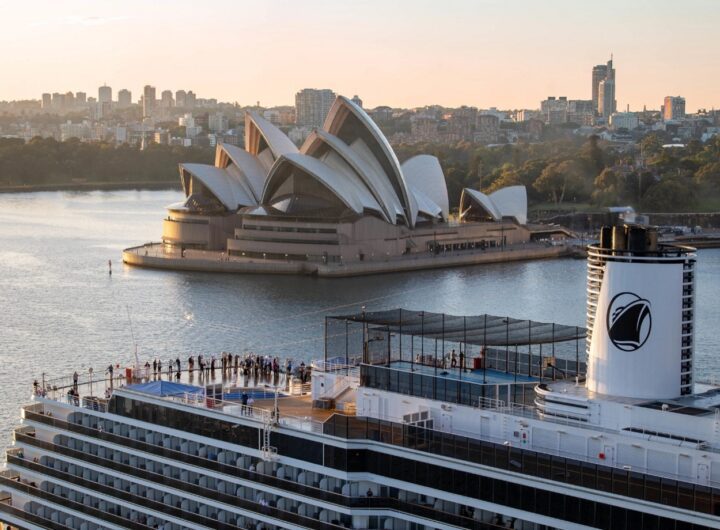 ” Breaking” Lock In Your Next Holland America Line Cruise for Just $25 Per Person
” Breaking” Lock In Your Next Holland America Line Cruise for Just $25 Per Person 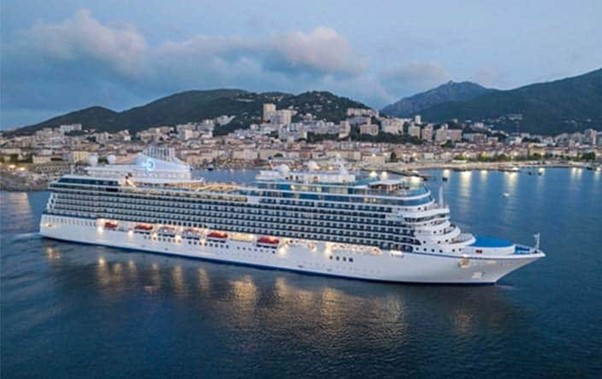 Oceania Vista to Sail Australia in 2027/28 as Riviera Wraps a Standout Season
Oceania Vista to Sail Australia in 2027/28 as Riviera Wraps a Standout Season 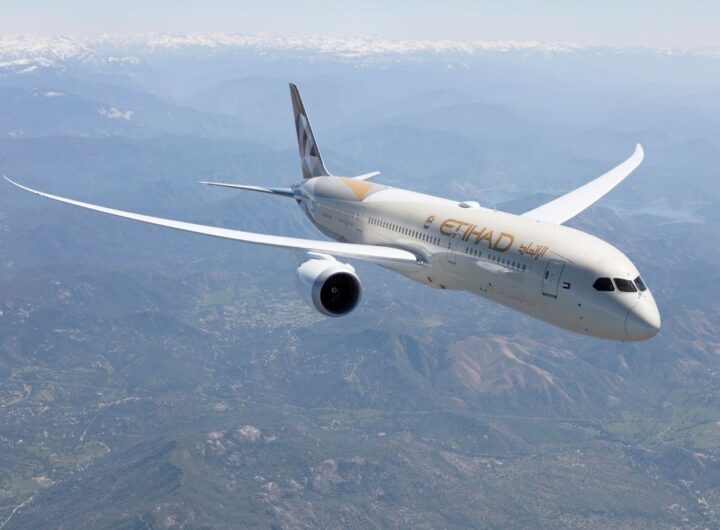 Etihad Upgrades All Australia Flights to Its Newest Business Class Suites
Etihad Upgrades All Australia Flights to Its Newest Business Class Suites 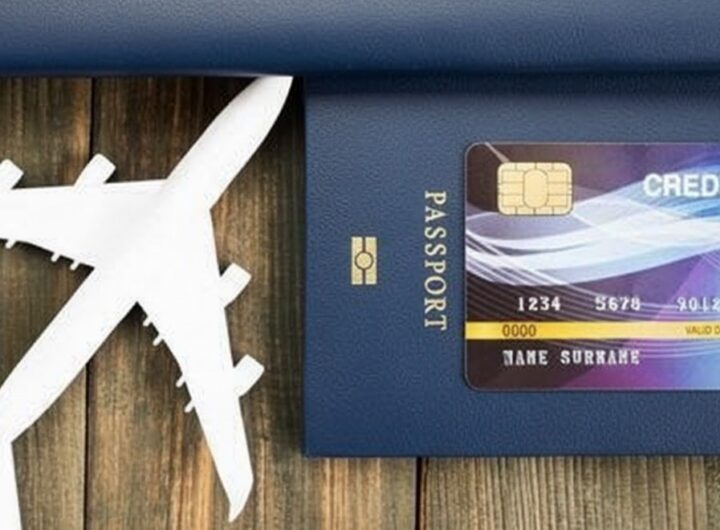 Aussies Are Jet-Setting for Free: How Frequent Flyer Points Saved Travellers $1,140 on Average Last Year
Aussies Are Jet-Setting for Free: How Frequent Flyer Points Saved Travellers $1,140 on Average Last Year 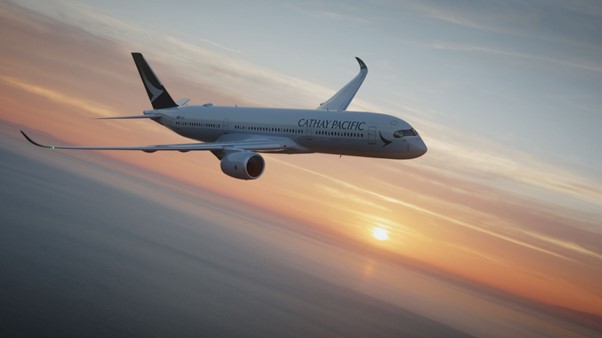 Cathay Strengthens Global Sustainability Leadership With Record SAF Commitments in 2025
Cathay Strengthens Global Sustainability Leadership With Record SAF Commitments in 2025 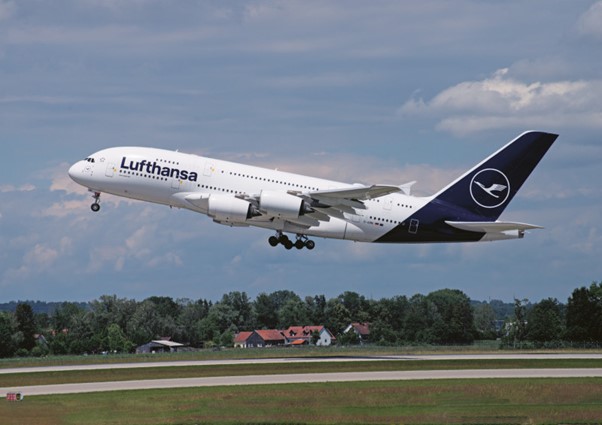 Lufthansa Begins A380 Business Class Retrofit, Elevating Comfort and Privacy Across Its Largest Aircraft
Lufthansa Begins A380 Business Class Retrofit, Elevating Comfort and Privacy Across Its Largest Aircraft  AmaWaterways Launches Fresh Brand Identity, Encouraging River Cruisers to ‘Follow Their Own Current’
AmaWaterways Launches Fresh Brand Identity, Encouraging River Cruisers to ‘Follow Their Own Current’  Marriott Bonvoy Launches Global Promotion Offering Bonus Points and Elite Night Credits Across 30+ Brands
Marriott Bonvoy Launches Global Promotion Offering Bonus Points and Elite Night Credits Across 30+ Brands 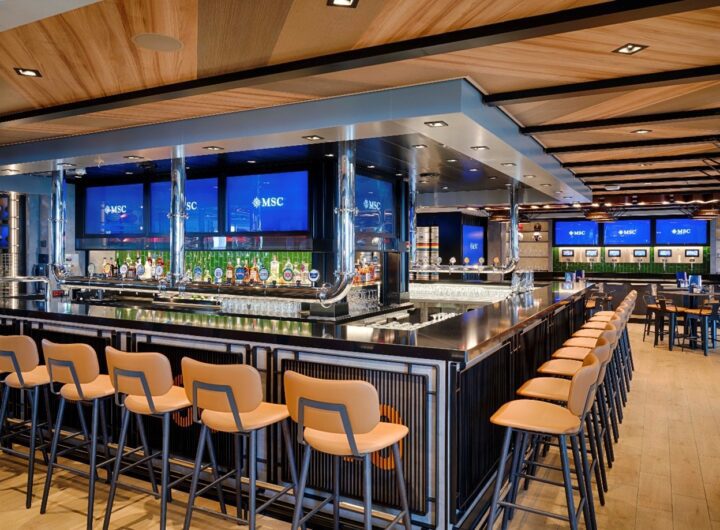 MSC Cruises to Stream 2026 Global Soccer Tournament Live Across Its Entire Fleet This Summer
MSC Cruises to Stream 2026 Global Soccer Tournament Live Across Its Entire Fleet This Summer 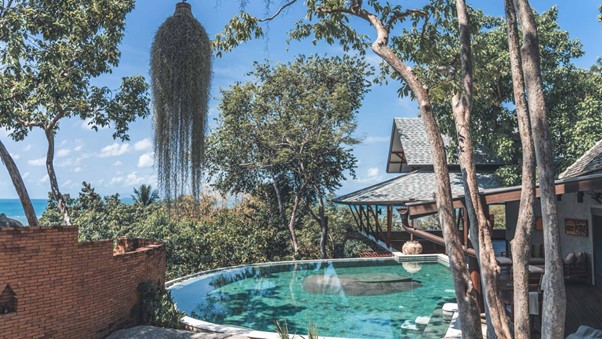 Five Reasons to Visit Kamalaya Now: Inside the Next Era of Thailand’s Legendary Wellness Sanctuary
Five Reasons to Visit Kamalaya Now: Inside the Next Era of Thailand’s Legendary Wellness Sanctuary 